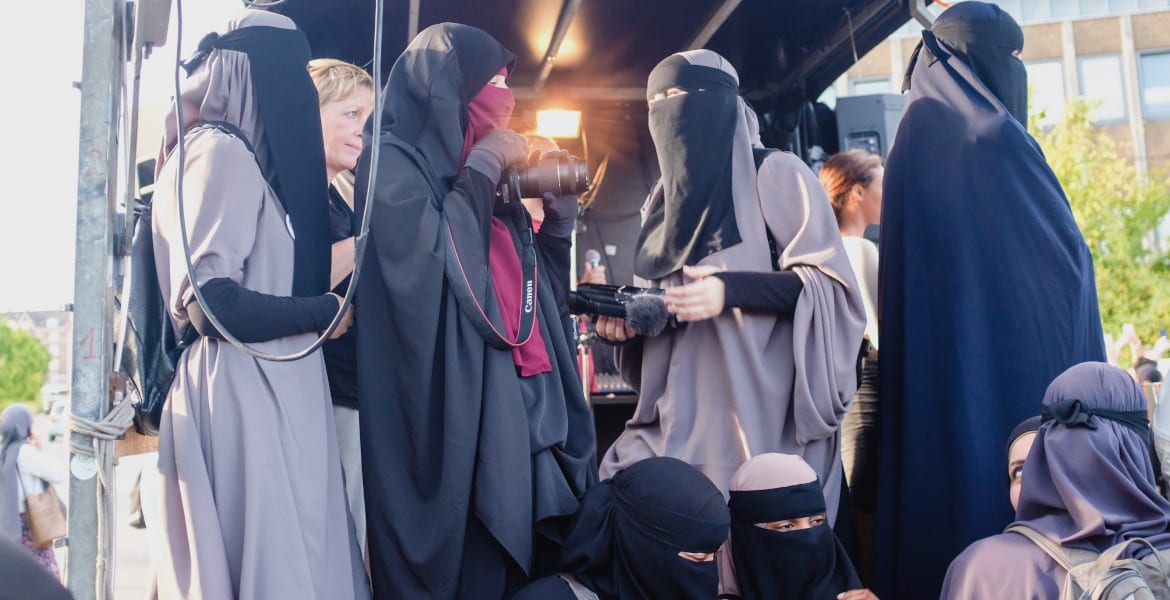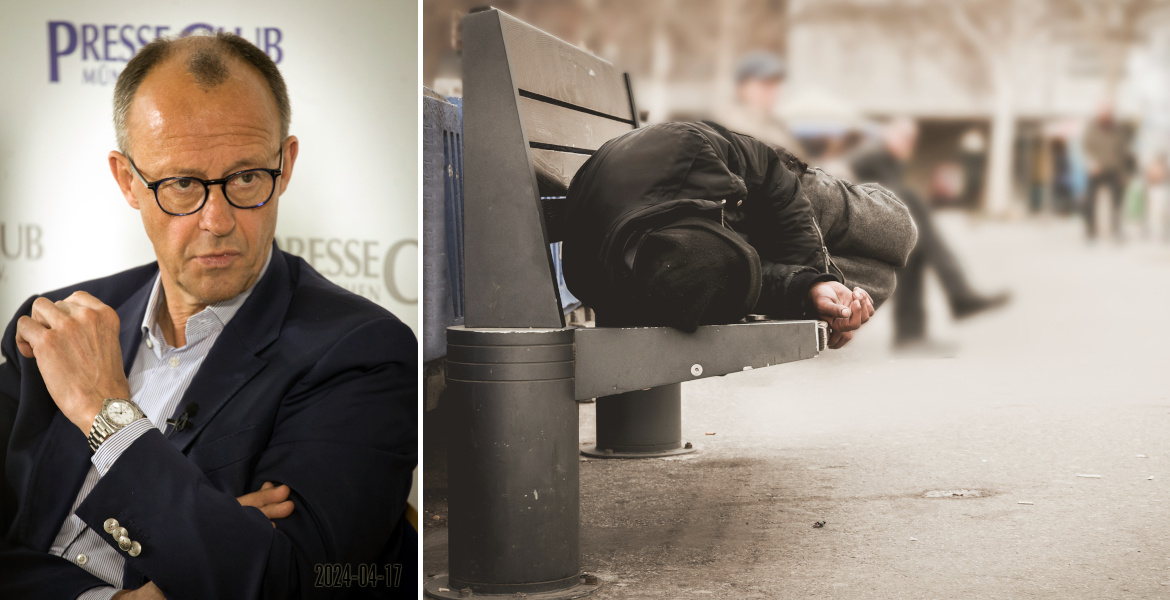The Portuguese Parliament has voted to ban face coverings in most public spaces.
The proposal was initiated by the Chega party and is justified as a measure to strengthen gender equality and women’s rights in society.
Burqas and niqabs are expected to be banned in public places in Portugal if the bill is approved by the country’s president.
The measure applies when these are worn for “reasons related to gender and religion” and carries fines of between €200 and €4,000 for violations. Anyone who forces someone to wear a face covering also risks up to three years in prison.
If the law comes into force, Portugal would join other European countries that have already introduced full or partial bans on burqas and niqabs, including France, Austria, Belgium, and the Netherlands.
Portuguese President Marcelo Rebelo de Sousa can, however, veto the bill or refer it to the constitutional court for review.
André Ventura, leader of the Chega party, said during the debate: – Protecting female members of parliament, your daughters, our daughters, from having to use burqas in this country one day.
“If you want to wear a burqa, there’s a good solution. Catch a flight and go back to your country. It’s easy to get to Portela Airport and buy a ticket back to Pakistan, Saudi Arabia, Morocco, wherever you want.”
Chega leader @AndreCVentura speaks after the Portuguese… pic.twitter.com/DdyBUCnOBF
— Remix News & Views (@RMXnews) October 20, 2025
Women from left-wing parties oppose the proposal
Several female parliamentarians from left-wing parties opposed the proposal and confronted Ventura in the chamber, but the bill was approved with support from the center-right coalition governing the country.
– This is a debate on equality between men and women. No woman should be forced to veil her face, declared Andreia Neto from the Social Democratic Party before the vote.
Only a small minority of Muslim women in Europe wear full face coverings, and in Portugal they are very rare. However, due to immigration from Muslim countries, their use is gradually increasing.
Full veils such as niqabs and burqas have long been a highly controversial issue in Europe, where critics argue that they symbolize gender discrimination, religious fundamentalism, or may pose a security threat.
The bill in Portugal has therefore become a central issue in the debate about balancing religious freedom, gender equality, and security. If finally approved, it is expected to resemble the rules already in place in several other EU countries.
Portugal and the burqa ban
- Ban on: Burqa and niqab in public places in Portugal
- Origin of the bill: Introduced by the Chega party (a Portuguese right-wing populist party)
- Fines: €200–€4,000 for violations
- Imprisonment: Up to three years for anyone who forces someone to wear a burqa or niqab
- President's role: Portuguese President Marcelo Rebelo de Sousa can veto or refer the proposal to the constitutional court
- European comparisons: Similar to laws in France, Austria, Belgium and the Netherlands
- Background: Only a small minority of Muslim women wear face coverings in Portugal. However, the trend is increasing somewhat due to immigration








